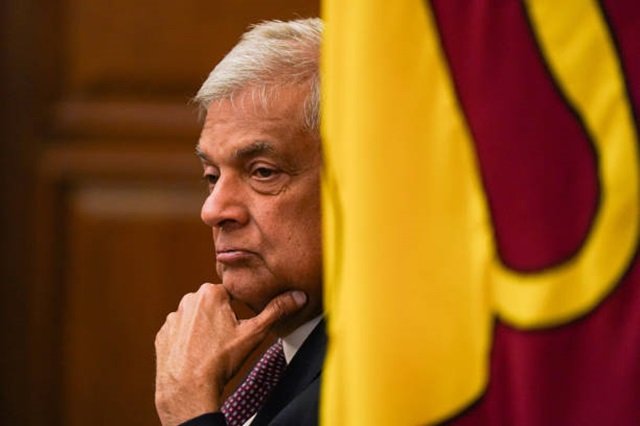Supreme Court’s rebuke of President Wickremesinghe reveals troubling pattern in democratic governance
In a striking trio of judgments, Sri Lanka’s Supreme Court has cast a spotlight on a deepening culture of executive overreach—one that stretches from the suppression of dissent during mass protests to the erosion of electoral integrity and institutional accountability.
At the heart of these decisions lies the Court’s July 2025 judgment invalidating the state of emergency declared on 17 July 2022, just days before Ranil Wickremesinghe ascended from Acting President to Head of State. This ruling, combined with earlier determinations against his actions in postponing local elections and appointing an IGP with an abusive record, paints a troubling portrait of power consolidating at the expense of constitutional order.
July 2022 Emergency: The Turning Point
In the consolidated judgment (SCFR 246–276/2022), the Supreme Court ruled that the emergency proclamation and accompanying regulations were politically motivated, disproportionate, and unconstitutional.
Despite citing unrest and property damage amid the Aragalaya protests, the Court found that the situation did not warrant extraordinary powers under the Public Security Ordinance. The Emergency Regulations, modeled on an earlier rejected version, were found to enable:
- Unchecked search and detention
- Suppression of assembly and expression
- Arbitrary interference with legal protections
President Wickremesinghe, as Acting President, was held responsible for promulgating these powers just days before standing for election in Parliament, raising serious ethical concerns about using emergency law to neutralize dissent during a leadership transition.
Elections Delayed: Power Over the People
Earlier, in SCFR 60/2023, the Court ruled that delaying local authority elections by withholding funds violated the people’s franchise under Articles 3 and 14(1)(a). Then-Finance Minister Wickremesinghe was found to have directed the Treasury to block financing, thereby obstructing a core democratic process.
The judgment reminded citizens—and lawmakers—that elections are not negotiable, and administrative discretion cannot override fundamental rights.
The IGP Appointment: Institutional Integrity Undermined
In SCFR 97/2023, the Court invalidated the appointment of Deshabandu Tennakoon as Inspector General of Police, citing past allegations of abuse and procedural irregularities. President Wickremesinghe’s role was again central—his decision to proceed with the appointment ignored legitimate public concerns, tarnishing confidence in law enforcement at a critical time.
A Pattern of Suppression and Circumvention
Together, these judgments establish more than isolated errors. They reveal a recurring executive impulse to suppress dissent, circumvent democratic processes, and sidestep accountability:
- The Emergency Regulations aimed to neutralize civic activism during a volatile political moment.
- The election postponement sought to delay citizen oversight of local governance.
- The IGP appointment exposed politicization of public institutions.
In each case, the Supreme Court served as the last institutional firewall, upholding the Constitution where political expediency threatened its erosion.
What’s Next for Citizens
For civic-minded readers, this trilogy of rulings is a call to vigilance. Rights are only as strong as our collective insistence on defending them. Institutions must be held to account—not just by judges, but by informed citizens, persistent media, and watchful communities.
The judiciary has spoken. The question now is whether the public will translate these judgments into civic momentum, demanding reforms that restore integrity to Sri Lanka’s democratic process.
(We use artificial intelegence to create summaries and facts metiond are double checked)
